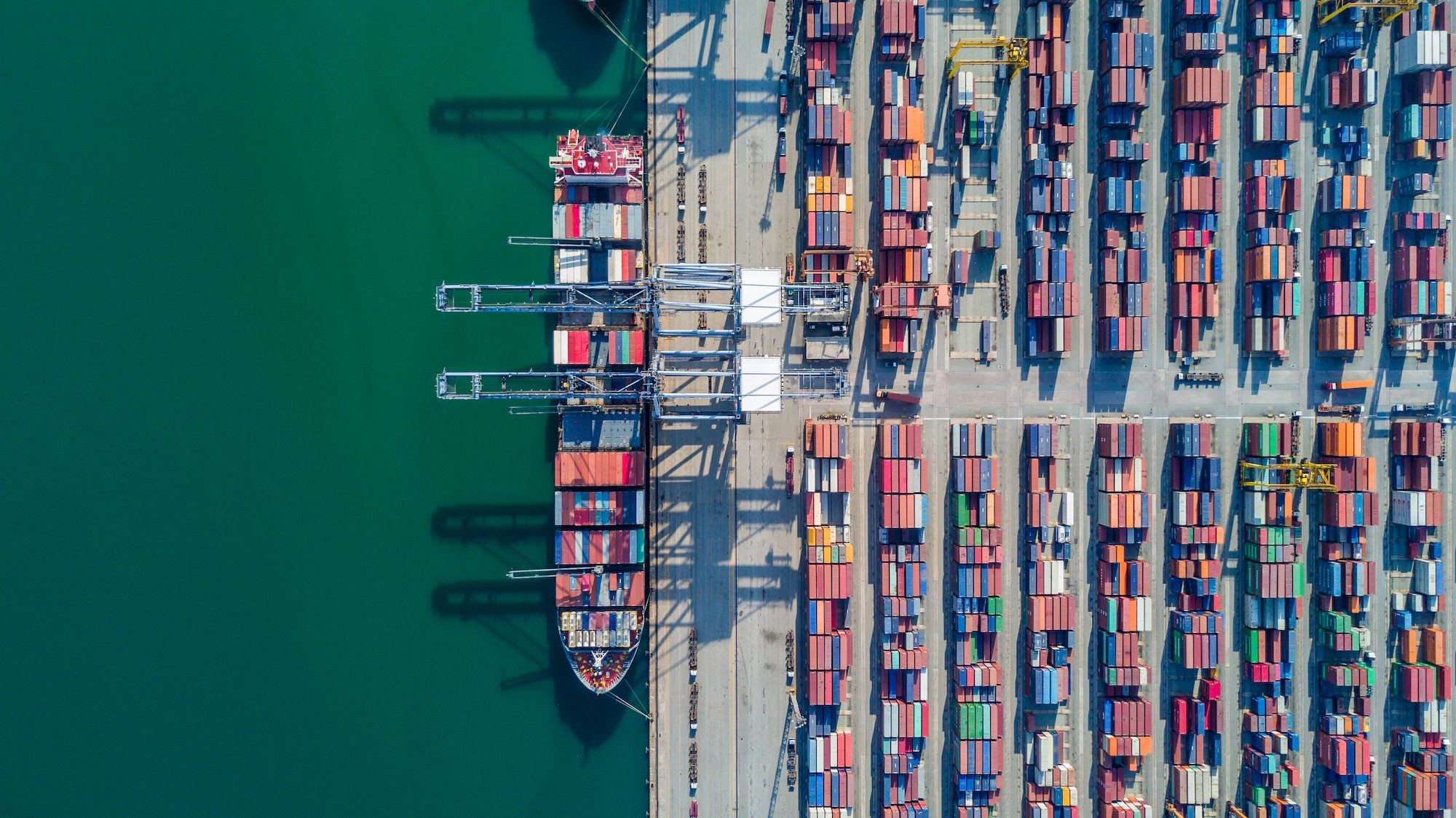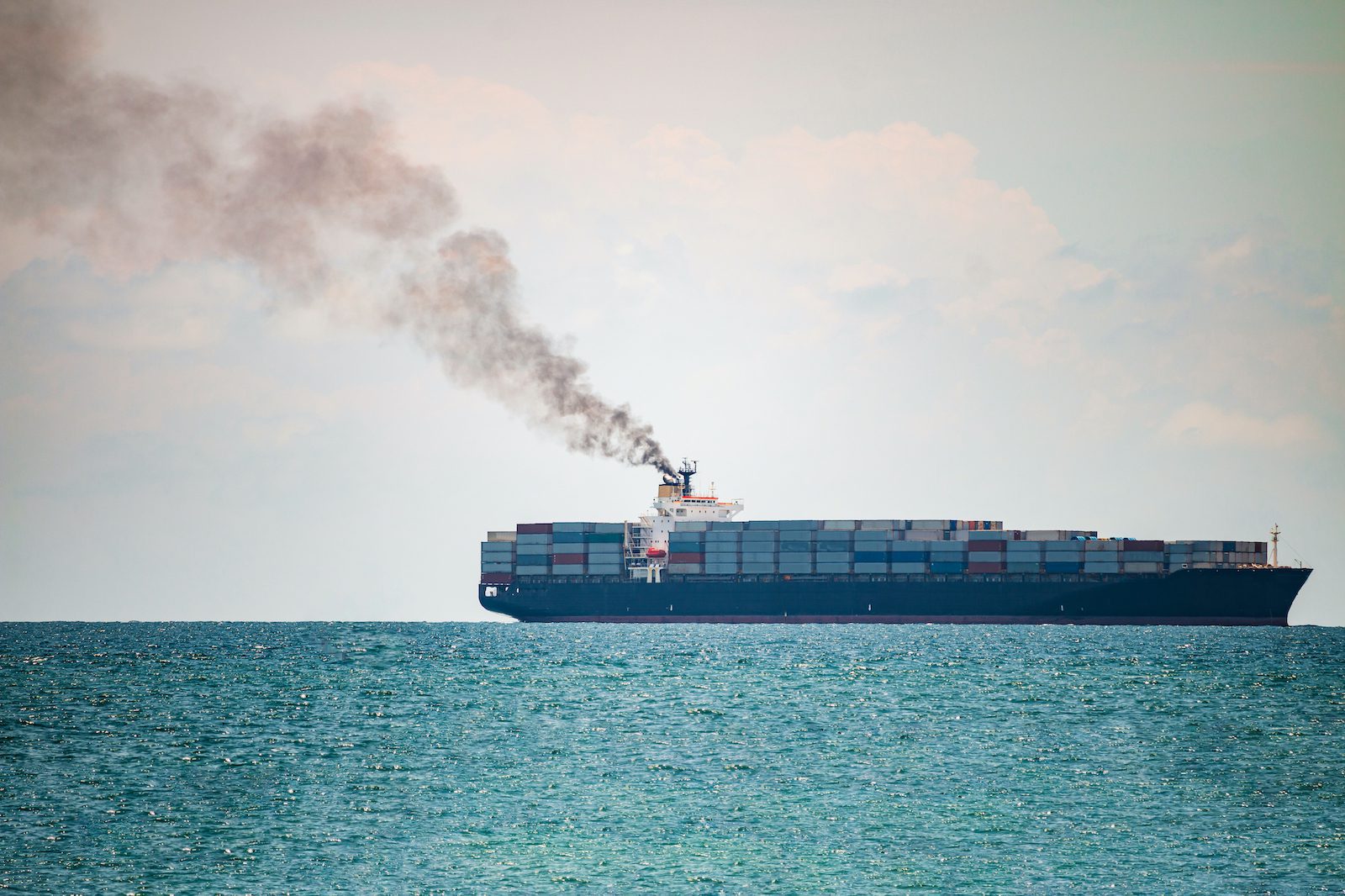Three mariners, who were stranded for over a week on the deserted Pikelot Atoll in the Federated States of Micronesia (FSM), were rescued on April 9, 2024, thanks to a joint operation by the U.S. Coast Guard Forces Micronesia/Sector Guam and the U.S. Navy, combined with the mariners’ ingenuity.
The mariners, all men in their forties, had embarked on their voyage from Polowat Atoll on Easter Sunday in a 20-foot open skiff, but failed to return, prompting a relative to issue a distress call on April 6. The rescue operation faced initial challenges due to air asset availability, operational commitments, and weather conditions.
A breakthrough came on April 7 when a U.S. Navy P-8 Poseidon aircraft spotted the mariners on Pikelot Atoll after they had spelled “HELP” on the beach with palm leaves. Their ingenuity proved to be a key factor in their rescue.
Survival packages were deployed from the aircraft to sustain them until further assistance could arrive.
On April 8, a U.S. Coast Guard HC-130J Hercules aircraft from Air Station Barbers Point in Hawaii relocated the mariners, dropping a radio to establish communication. The mariners reported they were in good health, had access to food and water, but their skiff was damaged and non-functional.
USCGC Oliver Henry, already in the area, was rerouted to Pikelot Atoll to conduct the rescue operation. The ship rendezvoused with the mariners on the morning of April 9 and safely returned them and their equipment to Polowat Atoll.
The successful rescue operation underscores the strong bond and cooperation between the U.S. Coast Guard, the U.S. Navy, and their regional partners. It also highlights the importance of emergency preparedness at sea, with the U.S. Coast Guard recommending all mariners equip their vessels with an Emergency Position Indicating Radio Beacon (EPIRB) to enhance safety on the water.

 Join The Club
Join The Club










